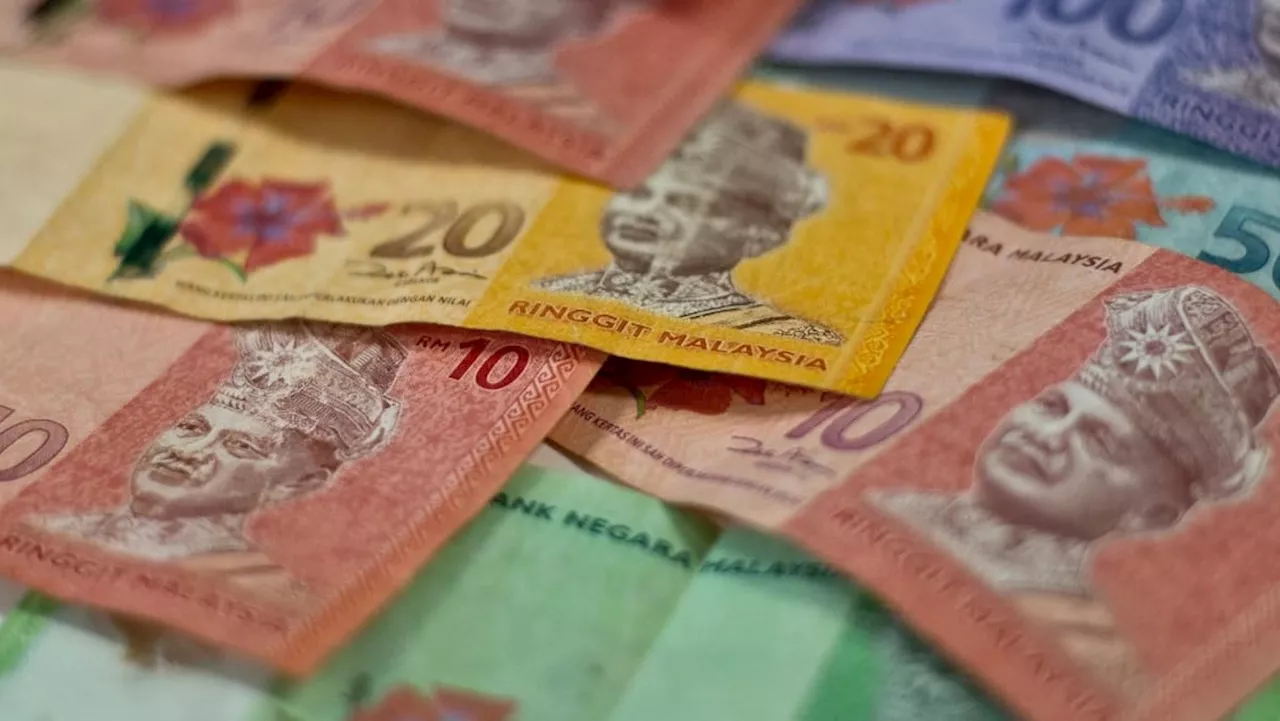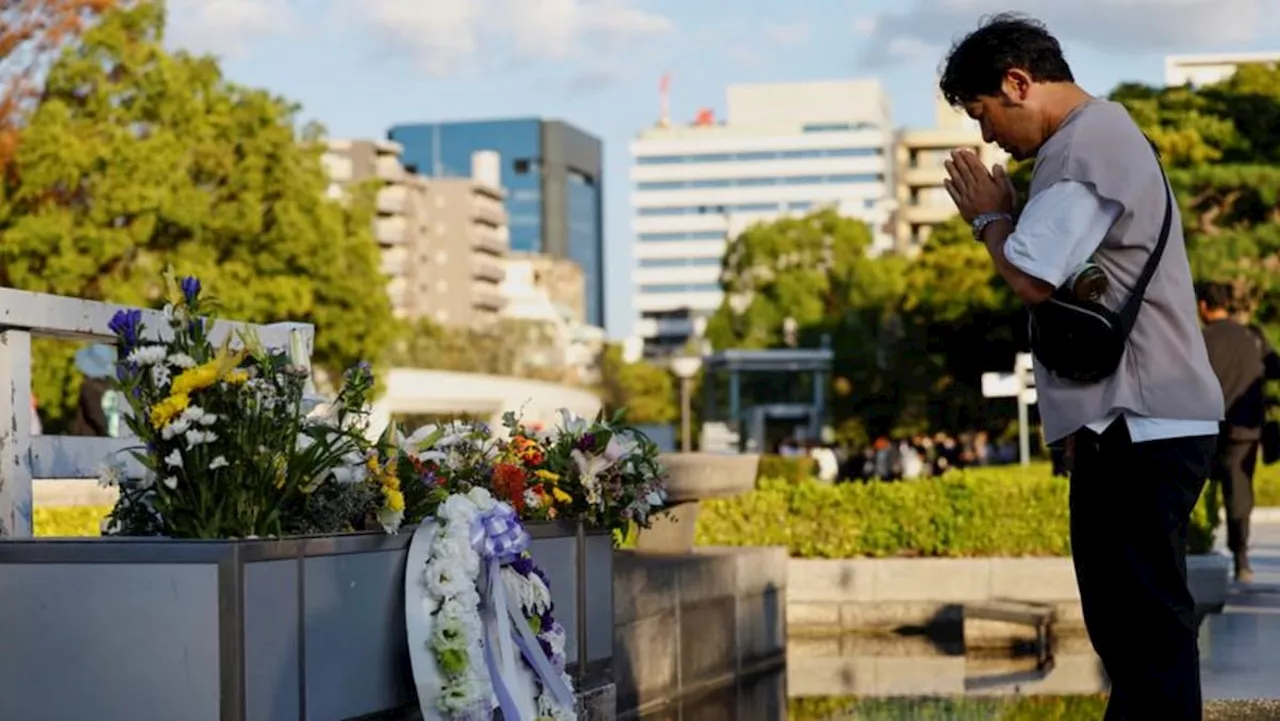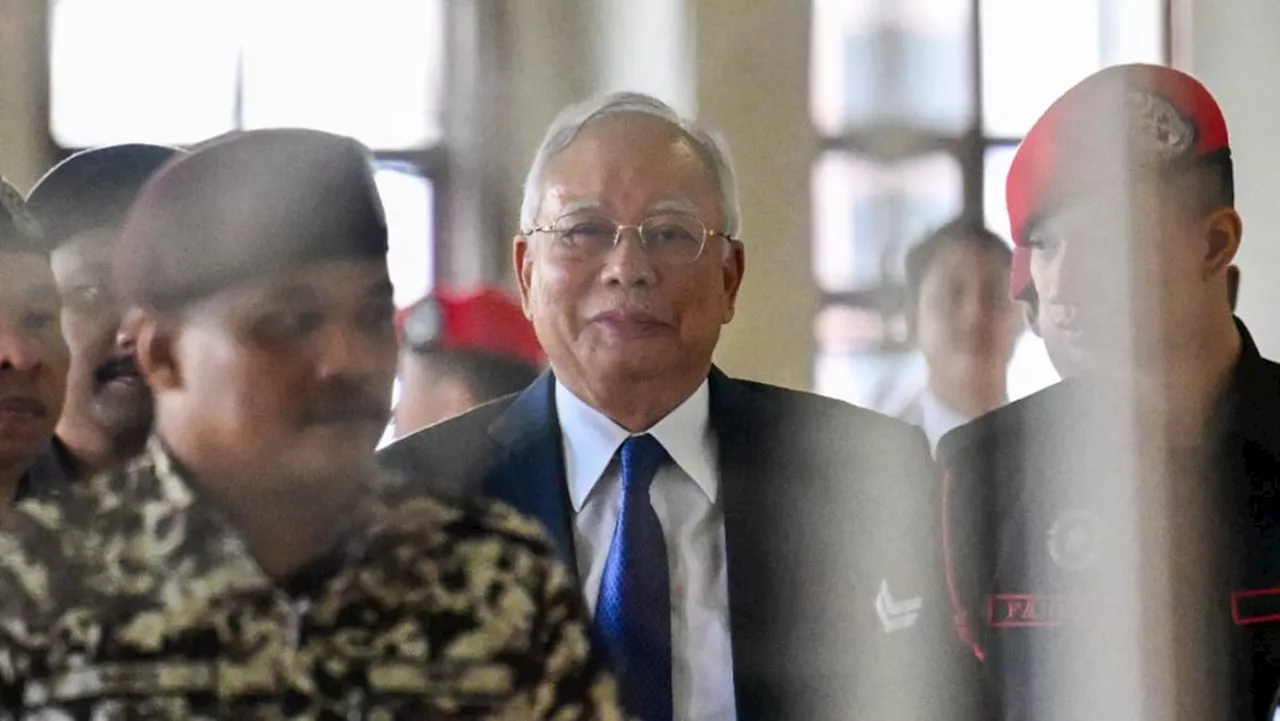Jailed former Malaysian prime minister Najib Razak’s redemption may hinge on his ability to convince the electorate of his sincerity, says Sophie Lemiere, a political anthropologist who specialises in Malaysian politics.
Former Malaysia n prime minister Najib Razak is escorted by prison officers during an appeal hearing at the Kuala Lumpur High Court on Jun 5, 2024. KUALA LUMPUR: In the theatre of politics, redemption is not just a narrative device but a calculated strategy, allowing leaders to reclaim their standing after fallibilities. It can be compelling, powerful enough to shape political fortunes and sway public sentiment.
Prime Minister Anwar Ibrahim has accepted Najib’s apology, saying that"when someone makes a sincere statement, we must receive it sincerely”. “That is an example of good leadership," he added. Throughout history, political apologies have served as a powerful tool for leaders to repair their reputations. But their success is highly contingent on the authenticity perceived by the audience.
Shame is indeed a mere political tool for rivals to discredit each other without much effect on voter’s loyalty. Redemption in politics is not a one-size-fits-all proposition. A successful strategy lies in the ability to capitalise on the mistakes of others while simultaneously navigating one’s own controversial legacy. It requires a nuanced understanding of historical context, collective memory and the public's appetite for a good story.
Najib Razak Anwar Ibrahim 1MDB
Singapore Latest News, Singapore Headlines
Similar News:You can also read news stories similar to this one that we have collected from other news sources.
 Commentary: Appreciation of Malaysian ringgit may not be sustainable in the long runThe ringgit’s recent appreciation has been attributed to sound government policies, but the strengthening may be transitory in nature, says an ISEAS - Yusof Ishak Institute academic.
Commentary: Appreciation of Malaysian ringgit may not be sustainable in the long runThe ringgit’s recent appreciation has been attributed to sound government policies, but the strengthening may be transitory in nature, says an ISEAS - Yusof Ishak Institute academic.
Read more »
 Commentary: Newly elected and preparing for elections, Japan’s PM Ishiba is already on the defensiveWith an election looming, Japanese Prime Minister Shigeru Ishiba has good reason to moderate his stance on divisive national security proposals. But defence is still very much the big picture, says political scientist Yasuo Takao.
Commentary: Newly elected and preparing for elections, Japan’s PM Ishiba is already on the defensiveWith an election looming, Japanese Prime Minister Shigeru Ishiba has good reason to moderate his stance on divisive national security proposals. But defence is still very much the big picture, says political scientist Yasuo Takao.
Read more »
 Commentary: A stimulus is good, but China still faces a hard slogBeijing is back in investors’ good books. To justify the euphoria, it needs some meaty goals, says Bloomberg Opinion’s Daniel Moss.
Commentary: A stimulus is good, but China still faces a hard slogBeijing is back in investors’ good books. To justify the euphoria, it needs some meaty goals, says Bloomberg Opinion’s Daniel Moss.
Read more »
 Commentary: Quiboloy’s arrest - when self-proclaimed ‘Son of God’ plays politicsThe arrest of Filipino religious leader Apollo Quiboloy comes amid the ongoing clash between the Marcos and Duterte dynasties, and exposes the dangers of an unholy alliance between religion and politics, says this Ateneo de Manila University lecturer.
Commentary: Quiboloy’s arrest - when self-proclaimed ‘Son of God’ plays politicsThe arrest of Filipino religious leader Apollo Quiboloy comes amid the ongoing clash between the Marcos and Duterte dynasties, and exposes the dangers of an unholy alliance between religion and politics, says this Ateneo de Manila University lecturer.
Read more »
 Commentary: Timely decision to award Nobel Peace Prize to Japanese atomic bomb survivorsHiroshima and Nagasaki atomic bomb survivors have played an immeasurable role in activism against nuclear weapons worldwide, say academics.
Commentary: Timely decision to award Nobel Peace Prize to Japanese atomic bomb survivorsHiroshima and Nagasaki atomic bomb survivors have played an immeasurable role in activism against nuclear weapons worldwide, say academics.
Read more »
 Commentary: China’s lack of disclosure over ICBM test works against its own strategic interestsChina should be more upfront about its strategic intentions when doing so does not compromise its national security. Failing to do so undermines its ability to persuade the world that its desire to be viewed as a benign hegemon is a genuine aspiration, says Dr James Char, a Chinese military expert at NTU’s RSIS.
Commentary: China’s lack of disclosure over ICBM test works against its own strategic interestsChina should be more upfront about its strategic intentions when doing so does not compromise its national security. Failing to do so undermines its ability to persuade the world that its desire to be viewed as a benign hegemon is a genuine aspiration, says Dr James Char, a Chinese military expert at NTU’s RSIS.
Read more »
